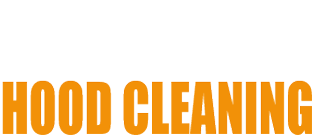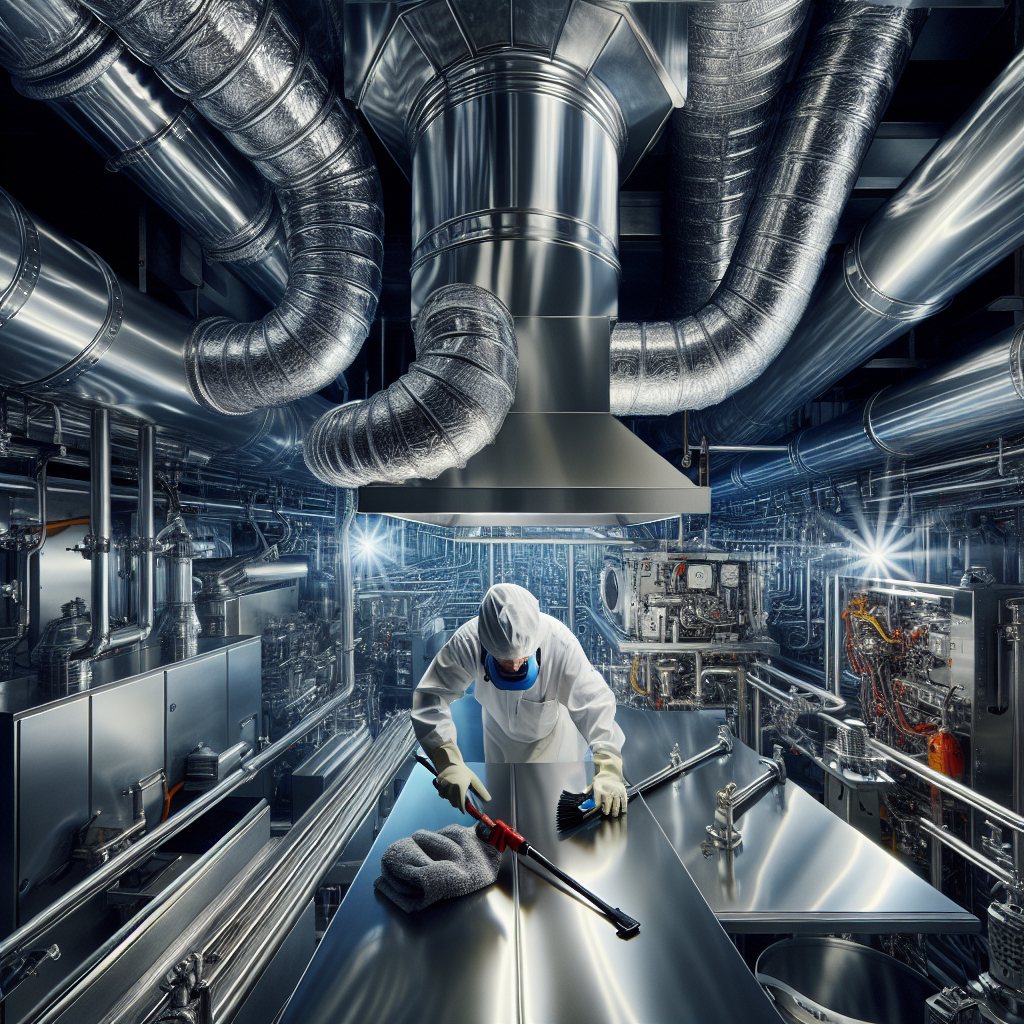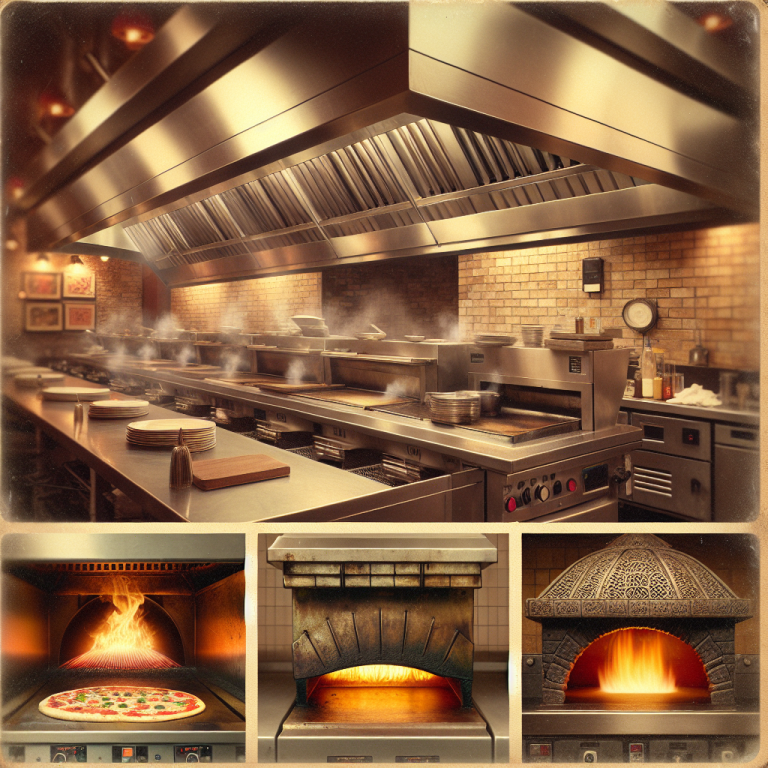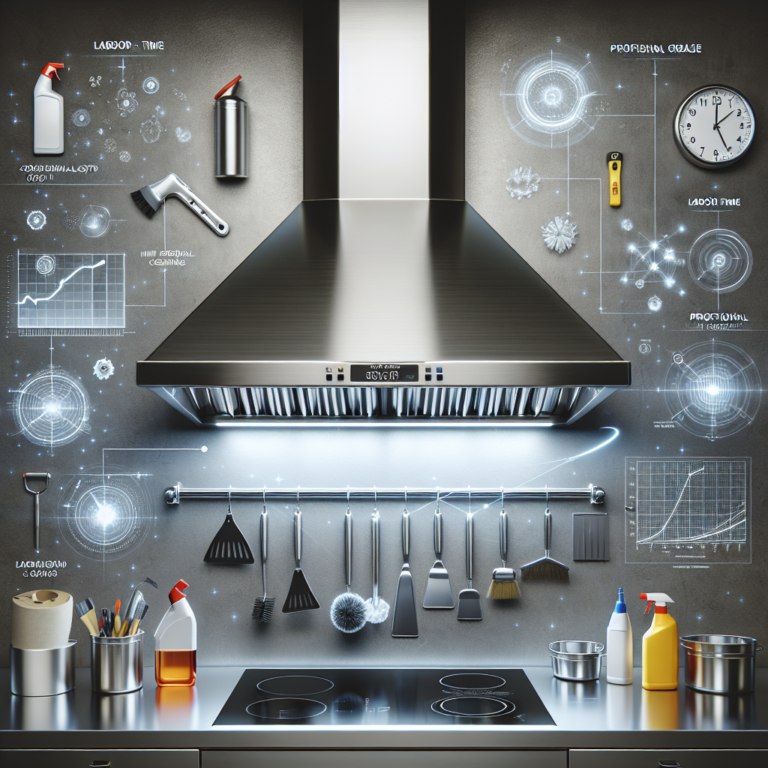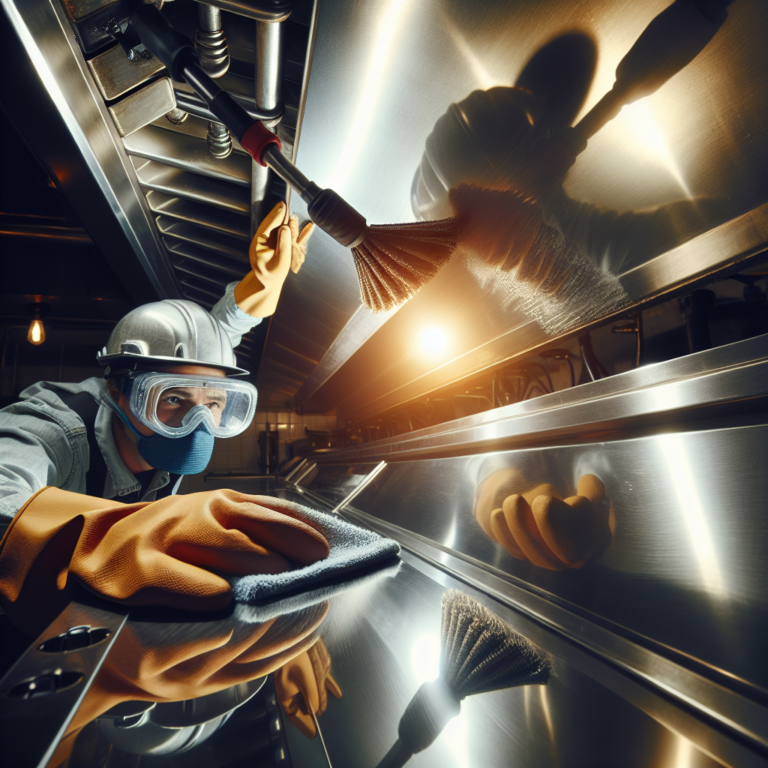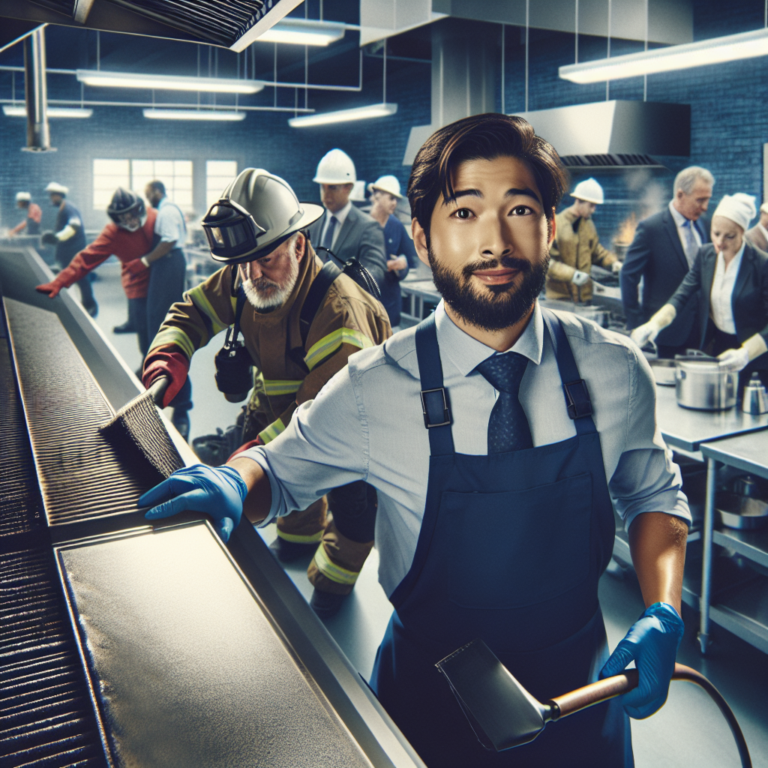Enhance HVAC Efficiency with Regular Hood Cleaning for Better Airflow
Explore the Relationship between Hood Cleaning and HVAC System Performance
Have you ever strolled into a restaurant and been hit by a scent that’s a peculiar cross between last night’s fried calamari and a hint of Monday’s grilled salmon? If yes, you’ve probably been in a place where hood cleaning and HVAC maintenance aren’t top of the agenda. In the bustling world of commercial kitchens, maintaining a clean and efficient airflow is as crucial as perfecting the chef’s secret sauce. Enter the unsung heroes: the restaurant hood cleaning experts. But what exactly makes hood cleaning so crucial for HVAC system performance? Let’s delve into the gastronomic marvel of airflow dynamics.
The Smoky Truth about Exhaust Hood Cleaning
In commercial kitchens, maintaining a clean exhaust hood is not just about aesthetics or avoiding the wrath of the health inspectors. It’s about ensuring that the air quality remains as fresh as the ingredients your chefs are using. Exhaust hood cleaning is pivotal to preventing the buildup of grease, soot, and various other pollutants that can significantly impact indoor air quality.
Over time, layers of grease accumulate, leading to clogged filters and vents. This reduces the efficiency of your entire HVAC system, potentially leading to much larger issues than a grumpy chef waving a spatula. In essence, a diligent restaurant hood cleaning schedule ensures that the airflow remains unobstructed, maintaining both the purity of the air and the quality of the dishes being served.
Hood Cleaning and HVAC: A Symbiotic Relationship
Think of your commercial kitchen’s hood and HVAC system as a dynamic duet, with each element relying on the other to create the perfect symphony of air exchange. Regular hood cleaning dramatically enhances the performance of your HVAC system by facilitating smooth air passage throughout the ductwork. It’s this seamless choreography that ensures the kitchen remains smoke and odor-free.
A perfect partnership is achieved when both hood and HVAC systems are well-maintained. Denver hood cleaning specialists often highlight the increased efficiency that comes from regular cleaning. It directly impacts energy costs, leading to a leaner and more economically savvy business operation.
The Not-So-Secret Ingredients for Successful Hood Cleaning
So, what goes into an effective hood cleaning regimen? Let’s dissect the process:
- Regular Inspection: It all begins with regular inspections. Keep a schedule and stick to it religiously. Assess the condition of your hood and identify areas that need immediate attention.
- Grease Removal: Armed with the right tools and cleaners, your next step is removing the grease. This involves not only surface cleaning but deep cleansing to eliminate hidden grime.
- Filter Maintenance: Filters are the lungs of your kitchen’s ventilation system. Clean or replace them regularly for optimal performance.
- Professional Help: While DIY efforts are commendable, bringing in the professionals for detailed exhaust hood cleaning ensures nothing is missed.
- Continuous Monitoring: Post-cleaning, continuously monitor the hood to ensure optimal operation and to preemptively strike out any potential inefficiencies.
The Economic Advantages of Denver Hood Cleaning
It’s easy to dismiss hood cleaning as a secondary business expense, but that view just doesn’t hold up under scrutiny. Regular hood and HVAC maintenance offers tangible economic benefits.
First up, energy efficiency. Clean hoods and ducts mean HVAC systems don’t have to work extra hard to maintain optimal temperatures and airflow. This is especially significant for commercial kitchen hood cleaning, where energy consumption is a considerable expenditure. You’ll likely see reductions in your utility bills that can make a significant contribution to long-term savings.
Secondly, regular hood cleaning drastically reduces the risk of fires. This can lead to lower insurance premiums and, more importantly, the emotional peace of mind knowing the risk to both staff and diners is minimized.
Ventilation, Food Quality, and Customer Experience
You’ve mastered the art of the perfect risotto and your lamb shank is to die for. However, without a ventilated kitchen, even the most beautifully cooked dish can suffer in quality—and you don’t want that. Ventilation directly affects cooking conditions. Excessive heat and poor air quality can negatively impact how food is prepared and taste can be affected by environmental conditions.
Additionally, the dining experience is amplified—or dampened—by the ambiance created by your dining environment. Smells wafting from the kitchen might tempt a hungry crowd, but ongoing odorous intrusions are best left out of the dining equation.
The Denver Hood Cleaning Solution
Whether you’re in the heart of downtown or serving local delights in a suburban neighborhood, you’ll find Denver hood cleaning services key to maintaining clean ventilation. Not only does this ensure both kitchen and dining areas are free of excess grease and smoke, but it also upholds the integrity of the delectable dishes you serve daily. It’s more than a service; it’s an investment in the health of your business.
Remember, a well-maintained hood is more than just a compliance necessity. It’s the culinary backbone of efficient restaurant operation. By prioritizing regular hood and HVAC maintenance, you ensure that the environment is as delightful as the flavors on the plate. Make this a golden rule, and watch your establishment thrive in both taste and reputation.
